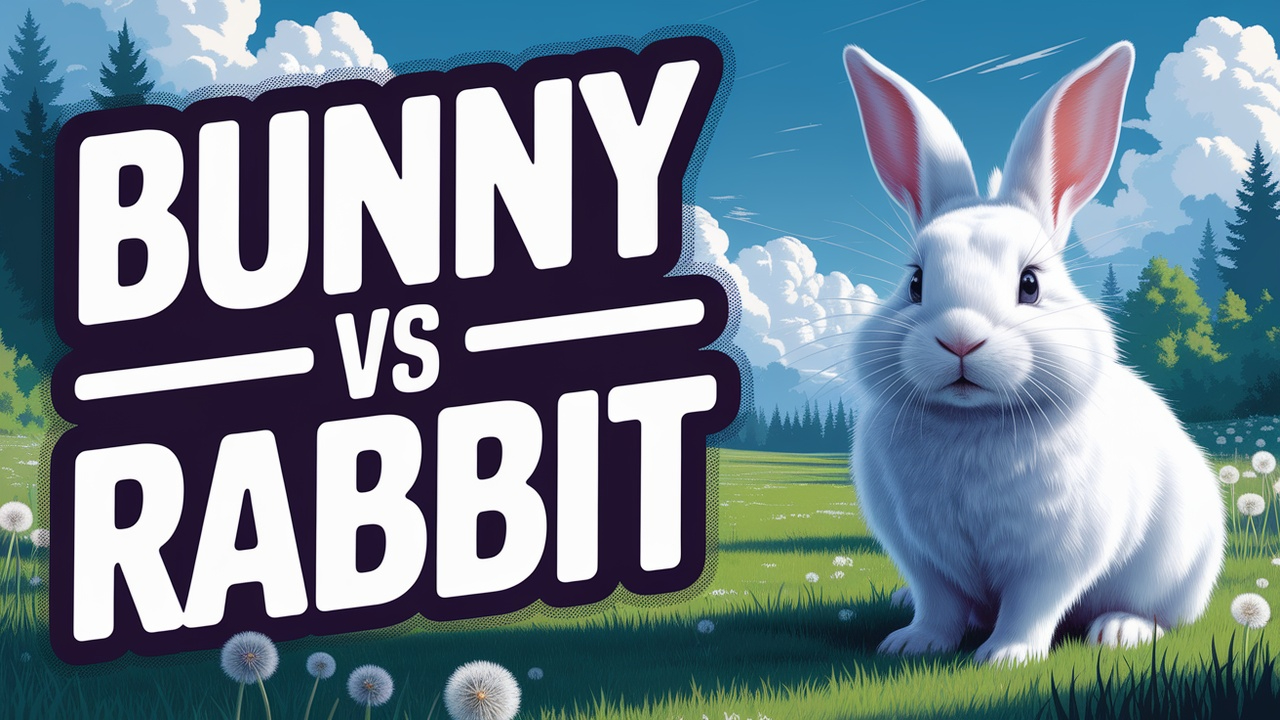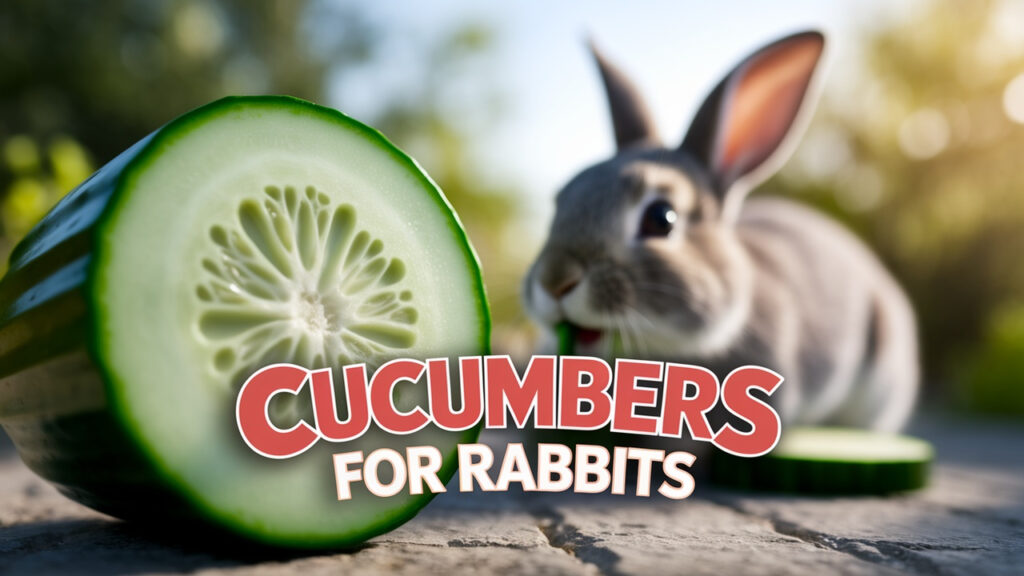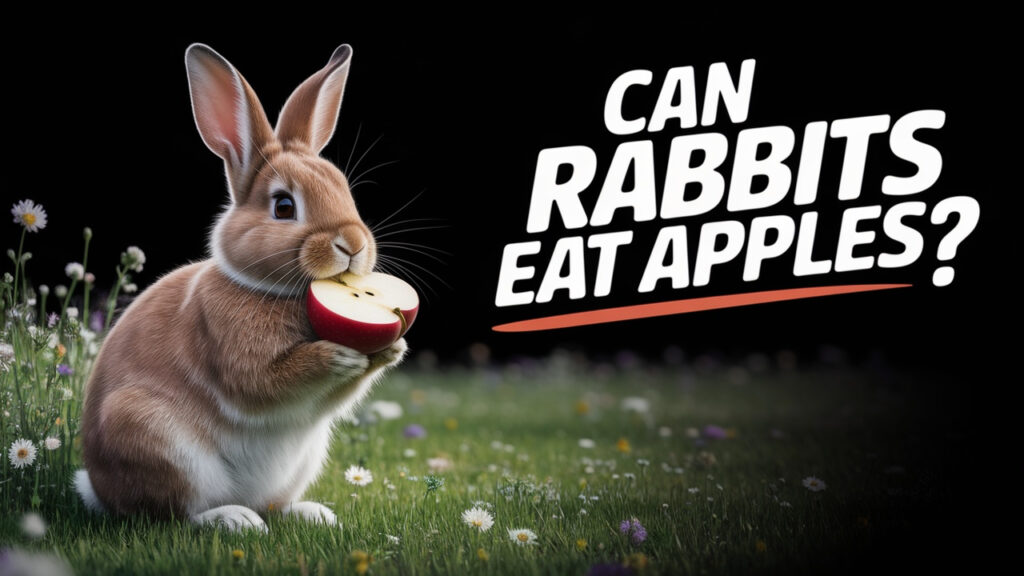Regarding adorable animals, few creatures capture hearts quite like rabbits. But often, you’ll hear people using the term “bunny” instead. Is there a fundamental difference between a bunny and a rabbit, or are they just two names for the same animal? Let’s investigate the details and uncover the truth behind these commonly used terms.
What Is a Rabbit?
A rabbit is a small, furry mammal belonging to the family Leporidae and the order Lagomorpha. There are more than 30 species of rabbits found all over the world. Some of the most well-known types include:
- Cottontail rabbits
- European rabbits
- Jackrabbits
- Domestic rabbits
Rabbits are known for their long ears, strong hind legs, and short fluffy tails. They are herbivores and thrive on diets that include grass, hay, vegetables, and leafy greens. Wild rabbits typically live in burrows or warrens, while domesticated rabbits are often kept as pets.
What Is a Bunny?
“Bunny” is not a scientific term. Instead, it’s a cute, informal nickname commonly used to refer to rabbits, especially baby rabbits or pet rabbits. The word “bunny” often evokes a sense of softness and affection, making it popular in children’s books, cartoons, and media.
For example:
- Easter Bunny (a symbolic figure in spring traditions)
- Bugs Bunny (the famous cartoon character)
- Children saying, “Look at the cute bunny!”
In essence, all bunnies are rabbits, but not all are called bunnies.
Key Differences Between Bunny and Rabbit
FeatureRabbitBunny
Term Type Scientific/Common Name Informal/Nickname
Usage Used in biology, farming, and pet care Mostly used in casual or emotional speech
Age Reference Can refer to both adults and babies Often refers to baby or young rabbits
Tone Neutral or formal Cute, playful, affectionate
Media/Pop Culture Rarely stylized as “rabbit” Commonly used (e.g., Easter Bunny)
Is a Bunny a Baby Rabbit?
This is a common misunderstanding. While “bunny” is often used to describe baby rabbits, it doesn’t technically mean a baby. The correct term for a baby rabbit is a kit or kitten.
So, when people say “bunny,” they might think of a baby rabbit, but scientifically speaking, it’s just a nickname. Still, in casual speech, especially among children and pet lovers, “bunny” often implies a more petite or more adorable rabbit.
When Should You Use ‘Rabbit’ vs. ‘Bunny’?
- Use “rabbit” when speaking formally or scientifically.
- Example: “The rabbit’s diet should include hay and leafy greens.”
- Use “bunny” when speaking informally, emotionally, or affectionately.
- Example: “Look at that fluffy little bunny hopping around!”
Cultural Significance of Bunnies
The word “bunny” carries strong cultural and emotional meaning. From Easter traditions to children’s storybooks and pet names, “bunny” often represents innocence, gentleness, and joy.
Conversely, Rabbits are discussed more in terms of biology, conservation, or domestication.
Conclusion: Bunny vs. Rabbit
To sum it up, “bunny” and “rabbit” refer to the same animal, but the difference lies in how the words are used:
- Rabbit is the correct and scientific term.
- Bunny is a sweet, informal nickname often used for babies or pets.




